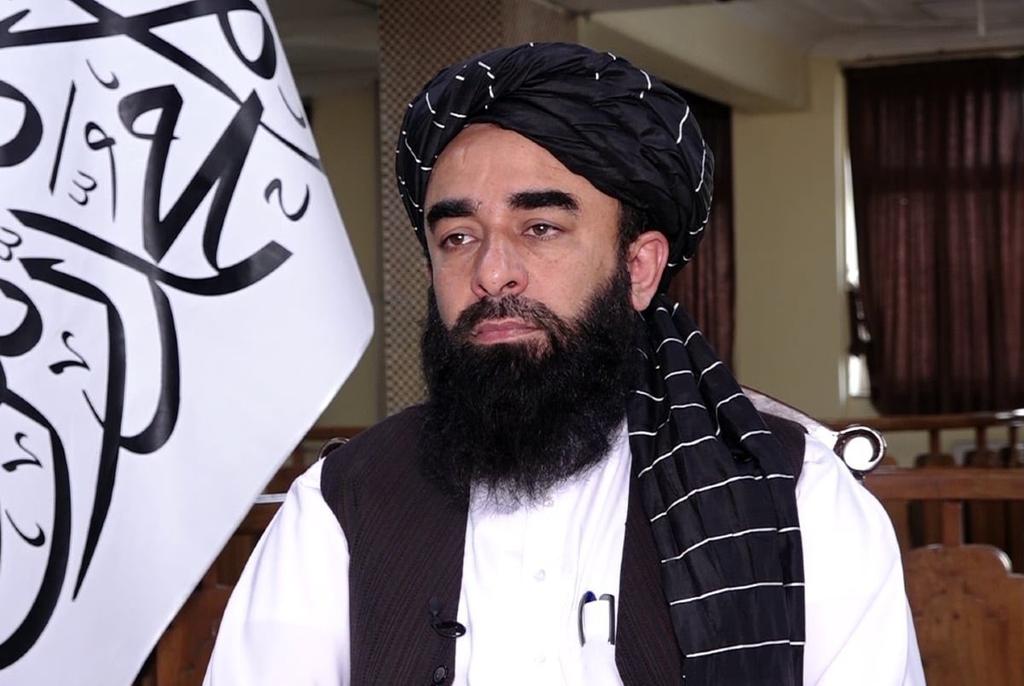Zabihullah Mujahid, spokesperson for the Taliban, has rejected claims made during a recent United Nations Security Council meeting regarding the presence of terrorist groups in Afghanistan. This denial comes despite the Taliban’s ongoing military operations against ISIS in various parts of the country.
Mujahid questioned the intent behind the allegations, stating, “Who benefits from raising such concerns without any evidence or proof, and to what end?”
On Wednesday (August 20), representatives from several countries—including Iran, Pakistan, China, and France—voiced concerns about the presence of extremist groups in Afghanistan, particularly ISIS.
In response, Mujahid urged these countries to refrain from portraying Afghanistan as unstable without valid reasons. Instead, he called on them to “value Afghanistan’s security and development and cooperate to improve it.”
Geng Shuang, Deputy Permanent Representative of China to the United Nations, emphasized that terrorist groups remain active in Afghanistan and continue to orchestrate heinous attacks. He named ISIS-K, Al-Qaeda, the East Turkestan Islamic Movement, Tehrik-i-Taliban Pakistan (TTP), and the Balochistan Liberation Army (BLA) as organizations operating from Afghan territory, often in coordination with one another.
Pakistan’s UN envoy, Iftikhar Ahmad, also warned that “terrorism in and from Afghanistan is the most serious threat” to the country, the region, and the world. He claimed that TTP has 6,000 fighters and ISIS 2,000 active militants in Afghanistan.
Ahmad noted that both TTP and BLA are sheltering in areas beyond Taliban control and, despite Taliban offensives against ISIS, no substantial efforts have been made to contain these two groups.
Elizabeth Muyer, France’s Deputy Political Coordinator at the UN, also described ISIS-K in Afghanistan as a serious threat to both regional and international peace and security.
Iran expressed similar concerns during the session.







